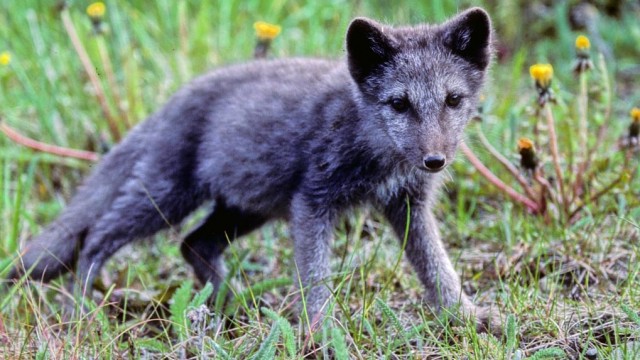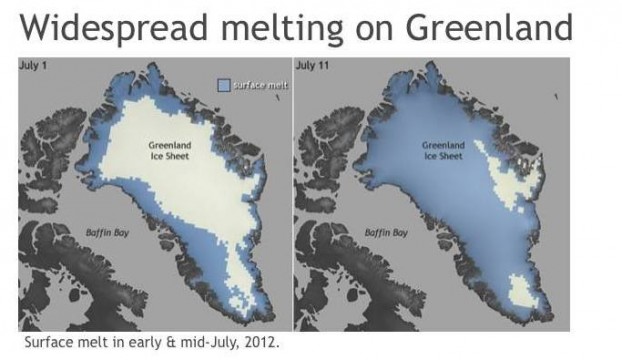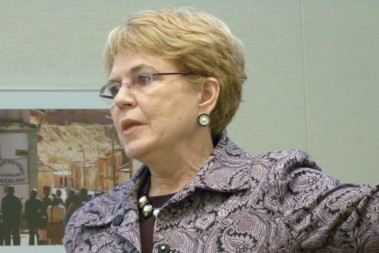
When scientists start giving talks called “Is Earth F***ed?”, it’s safe to say we’ve entered a new era.
Last week, at the largest annual gathering of earth and space scientists in the world, geophysicist Brad Werner caused quite a stir with his decidedly unscholarly framing of the question on everyone’s mind.
Werner’s talk at the American Geophysical Union meeting in San Francisco was inspired, he said, by friends who were "quite depressed” about earth’s future and our inability to “respond appropriately.” (His talk starts at 25 minutes.) To get a sense of what might change our trajectory toward planetary disaster, Werner, director of the Complex Systems Laboratory at UC San Diego, modeled interactions between human social processes and environmental systems.
His model predicts that a capitalist culture, operating with few restraints to maximize short-term gains, prevents us from taking the longer view needed to prevent environmental destruction. Simulations show that unfettered economies will quickly burn through natural resources. Factoring in regulation, which constrains but doesn’t change the dominant economic culture, simply delays the damage. The only thing that might tip the balance toward a sustainable future, Werner says, is resistance, if people push back against the status quo. But he hasn’t run the simulations to test this idea yet.
Werner urged his colleagues to start thinking about sustainability as a geophysical problem and to lend their expertise to studying the complex dynamics of human-environmental interactions: “It’s not something that we can just leave for the social scientists or the humanities.”

But is that enough? If we’re really pushing earth toward an irreversible tipping point, as a group of top scientists warned last summer, should scientists be doing more than research? Do scientists have a responsibility to step outside the academy and do whatever they can to set us on a more sustainable trajectory?
